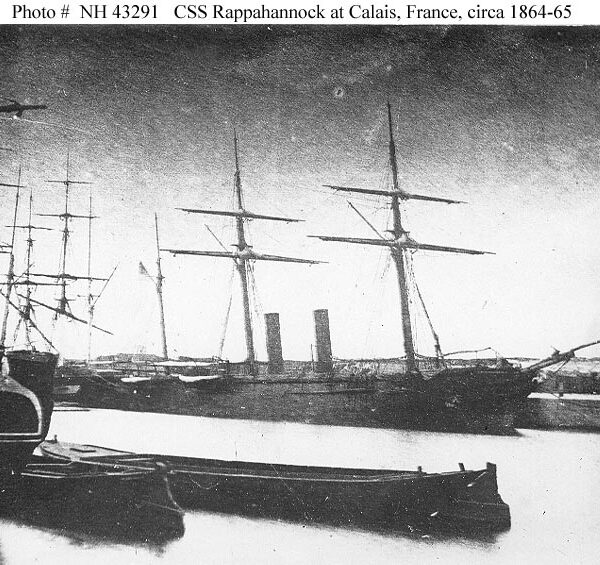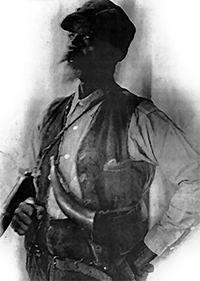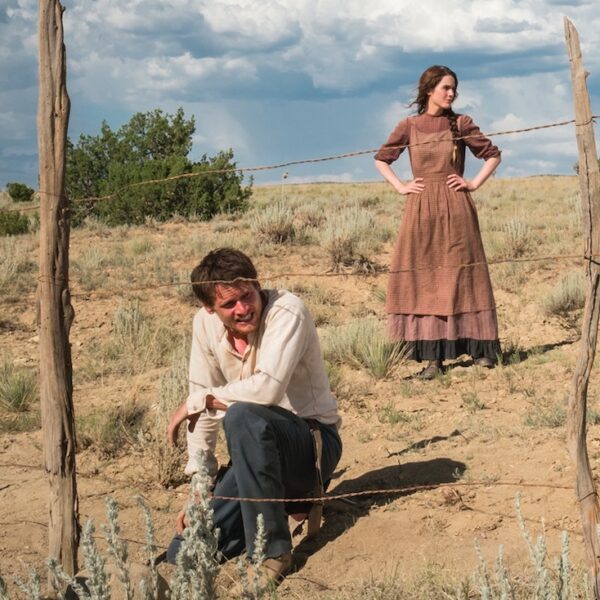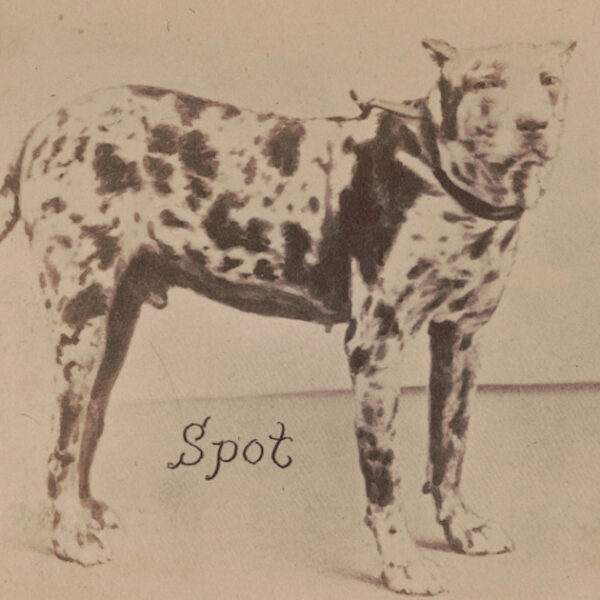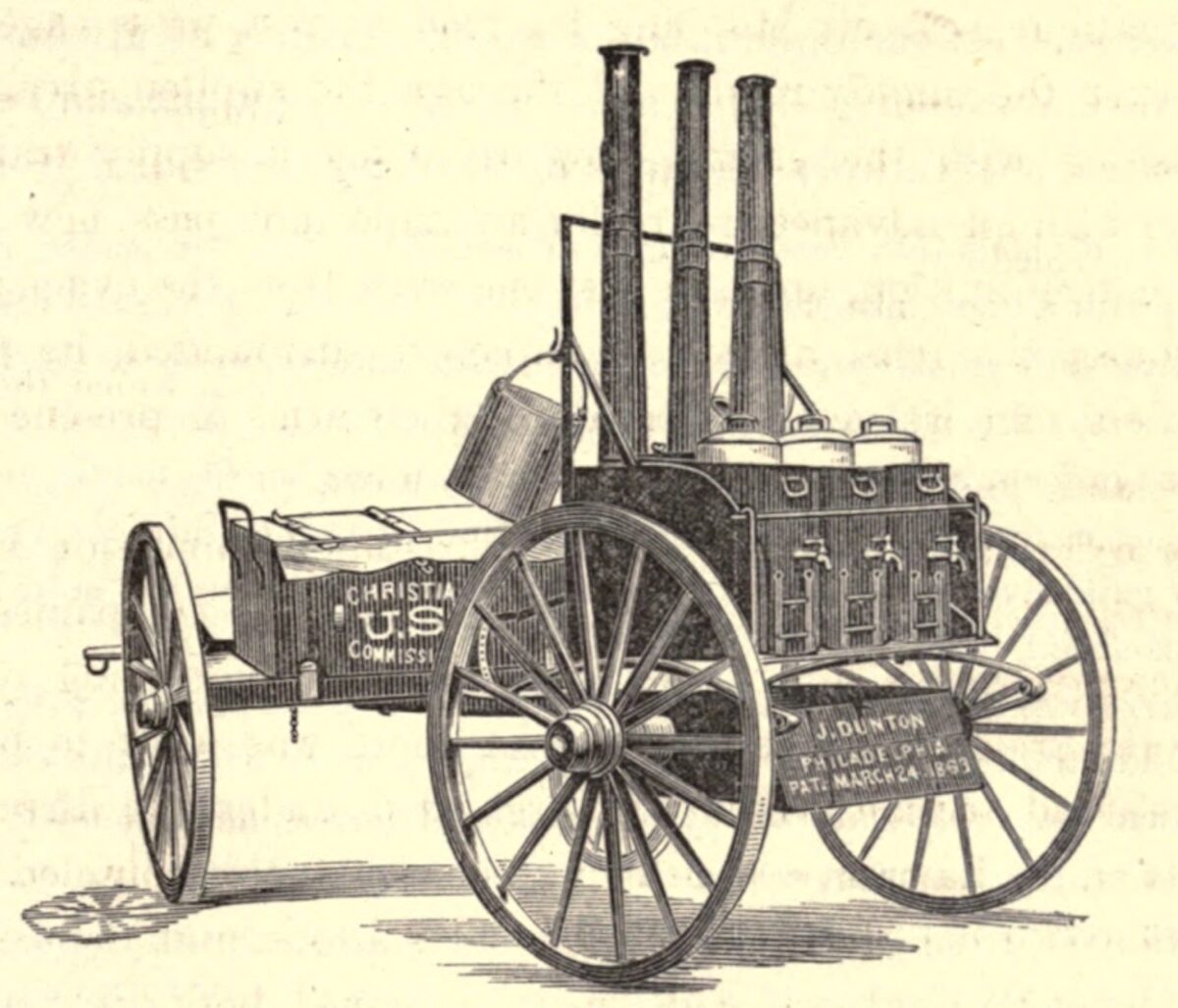 Annals of the United States Christian Commission (1868)
Annals of the United States Christian Commission (1868)Jacob Dunton’s coffee wagon
In 1863, Philadelphia pharmacist Jacob Dunton designed and built a coffee wagon he then donated to the United States Christian Commission (USCC), an organization whose volunteers (known as “delegates”) provided supplies, medical services, and religious support to Union soldiers. The wagon allowed the USCC to deliver coffee and other hot drinks close to the front lines, as its members did during a number of late-war engagements. Below are the reminiscences of USCC delegate Rev. C.H. Richards, who wrote in detail about the use and reception of Dunton’s welcome invention in the aftermath of the Battle of the Crater:
I must refer particularly to one prominent feature of their work for weary, wounded bodies on this day, which, for its novelty and usefulness, deserves especial mention. Some of the newspapers have mentioned a new Cooking Wagon, presented by the inventor to the Christian Commission, which is thoroughly sui generis. It is constructed somewhat like a battery caisson, so that the parts can he unlimbered and separated from each other. The “limber,” or forward part, hears a large chest which is divided into compartments to contain coffee, tea, sugar, and cornstarch, with a place, also, for two gridirons and an axe. From the rear portion rise three tall smoke-pipes above three large boilers, under which there is a place for the fire, and under the fire a box for the fuel. Each boiler will hold fourteen gallons, and it is estimated that in each one, on the march, ten gallons of tea, or coffee, or chocolate, could be made in twenty minutes, thus giving ninety gallons of nourishing drink every hour! It is truly a most ingenious and beneficent invention.
There was a call for coffee. A party of Delegates at once volunteered to respond to the call. The fires were lighted, the water boiled, the coffee made, and soon the vehicle, drawn by two powerful horses, and attended by half a score of willing laborers, was on its way from division to division. Up the hospital avenue it rumbled and rolled, past the long rows of white tents, stopping at this cluster and that, giving to all from its generous supply. You should have seen the wondering look of the men as it passed by. They rolled themselves over to get a glimpse of it. They stretched their necks for a sight of it. The wounded heads forgot to ache, and the wounded limbs almost forgot to cry for nursing in that moment of eager curiosity. Was it a new sort of ambulance? It didn’t look like one. What did those three black pipes mean, and those three glowing fires? Is it a steam fire-engine, and are they going to give us a shower-bath? But the savory odor that saluted their nostrils, and the delicious beverage the engine poured into their little cups, soon put the matter beyond all doubt. They soon found that there was no necromancy about it, for it had a substantial blessing for each one of them, and they gave it their blessings in return. One by one, such as were able, crowded about it with curious faces, and the wagon, as it stood steaming and glowing in the midst, was the theme of many affectionate comments. “I say, Bill, ain’t that a bully machine?” “Yes, sir; it’s the greatest institution I ever saw.” “That’s what you might call the Christian Light Artillery,” says a third. “Good deal pleasanter ammunition in it than the Rebs sent us this morning.” “Well, doctor,” said a Delegate to a surgeon, “what do you think of this?” “I thank the Lord for it. That’s all I can say,” was his reply. And so, on a sudden, the new invention was crowned with the praises and benedictions of the admiring crowd. It was a marked feature in the work of the day, and must be set down as one of the “peculiar institutions” of the Commission.
W.H. Rogers, the chaplain of a New York regiment, wrote the following about seeing the USCC’s coffee wagon during the Union siege of Peterburg in 1864:
The fierce conflict … left the field covered with the Gray and the Blue, in about equal numbers, wounded and dying…. One of the grandest visions that ever came to my gladdened eyes was the Christian Commission Brigade. There came over that muddy road, six sleek white horses, and following them the … coffee wagon, with its kindlings all ready, and its three boilers containing tea, coffee and beef tea. Twelve Christian Commission men went to work, and soon the cries of the wounded and requests for help had some repose.
The coffee wagon was not Dunton’s lone invention; he also secured patents for (among other things) an “improved” tournequit, a medical wagon, a bottle stopper, and a “new and useful Improvement in the Manufacture of Pills.” He died in 1897.
Sources
Annals of the United States Christian Commission (1868); The American Manual and Patriot’s Handbook (1888).
Related topics: food and drink

